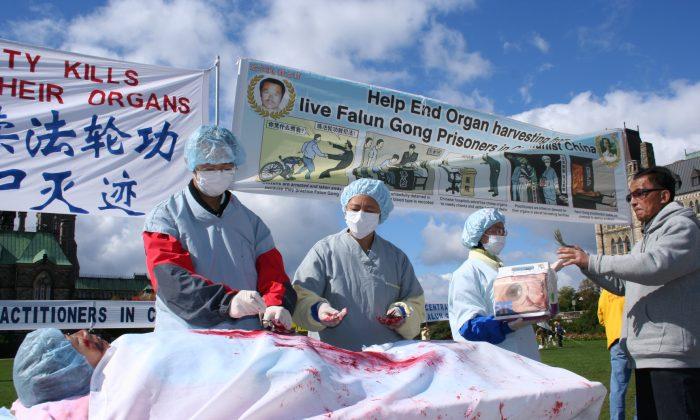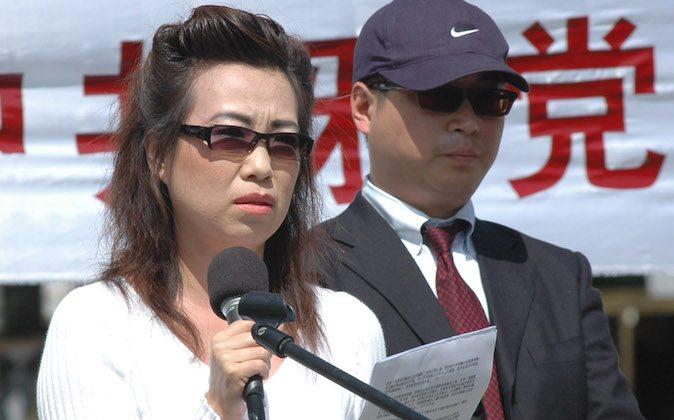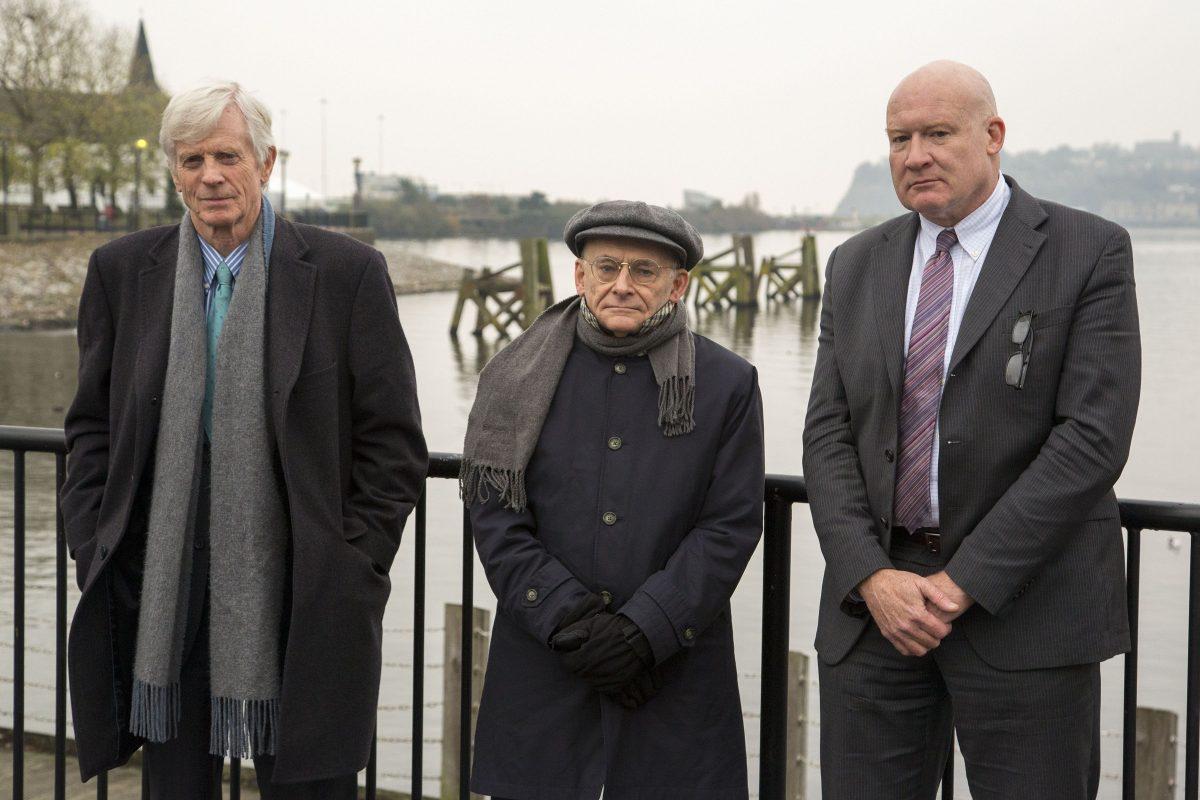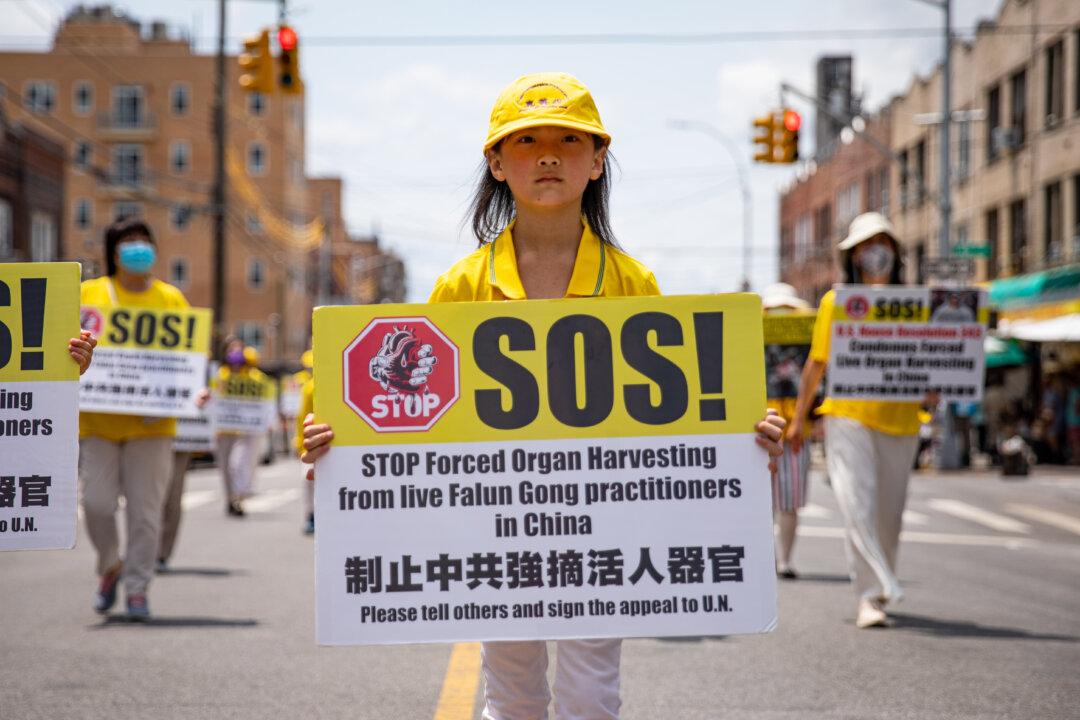They were in robust health when they were put on the operating table for doctors to carve out their organs. Many of them were still breathing. When the job was done, the bodies were tossed into the incinerator and burned, leaving no trace behind.
The spine-chilling scene is a lived reality for prisoners of conscience in China under the regime’s state-sanctioned forced organ harvesting, recounted by two investigators at a Feb. 17 virtual webinar hosted by Washington-based think tank Hudson Institute.
“There was no charge, no hearing, no appeal,” said David Kilgour, Canada’s former secretary of state for Asia-Pacific, who, together with Canadian human rights lawyer David Matas, spent years investigating the issue.
“A policeman just simply said: ‘You’re going to this work camp over here.’ ... You waited, working 16 hours a day,” he said. “Then one day somebody would come in, seize them, give them a little potassium, and then their organs would be taken out and their bodies would be burned.
“That’s how the rule of law works in China in terms of getting organs.”
It’s a “perfect crime, because there actually aren’t any survivors” of the operation, added moderator Nina Shea, a human rights lawyer and former commissioner of the U.S. Commission on International Religious Freedom, now a senior fellow at the Hudson Institute.
The billion-dollar organ harvesting industry, which boomed at the same time the regime escalated a brutal eradication campaign targeting the spiritual group Falun Gong in the early 2000s, has been covered up in China for decades.


The two split after Annie decided she couldn’t accept his complicity in the act. Both of them escaped overseas after receiving threats on their lives.
“This is a national crime,” she said in a statement to The Epoch Times in April 2006.
Annie’s husband felt a deep sense of remorse when he cut open an unwilling donor’s clothes and saw a small box fall out, according to Annie, who had read the account in a journal her husband kept. The small box contained a round Falun Gong pin along with a handwritten note.
“Happy Birthday, Mom,” it read.
Despite the defection of Annie and several others, the organ harvesting machinery has continued to operate, attracting transplant tourists from around the world who are lured by promises from Chinese hospitals of speedy organ matches and surgeries.
“Everywhere else, there’s a shortage of organs, and organs are allocated depending on priorities, but in China, the whole system was run as if there was an inexhaustible supply of organs,” said Matas. “All they had to do was show up and pay the money.
“The whole system is compartmentalized, and everybody would pretend to be willfully blind to the other components of the system.”

Kilgour recalled speaking to a patient from Asia who was presented with four matching kidneys in succession over a few months. The first three kidneys were rejected by his body, and the fourth one was a success. The doctor, who wore a military uniform, presented the first matching kidney shortly after their first meeting.
“They take all the organs. They don’t just take one kidney,” said Kilgour. “So four people died so that this man could get a good kidney. Isn’t that incredible?”
“There’s a few, but not enough,” said Matas, urging countries to cut off collaboration of any kind with the Chinese transplant system.





